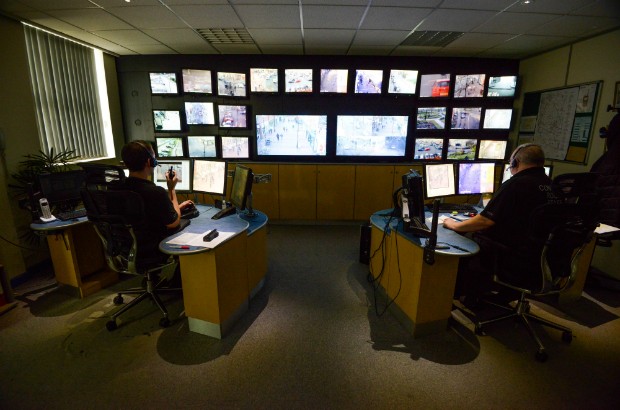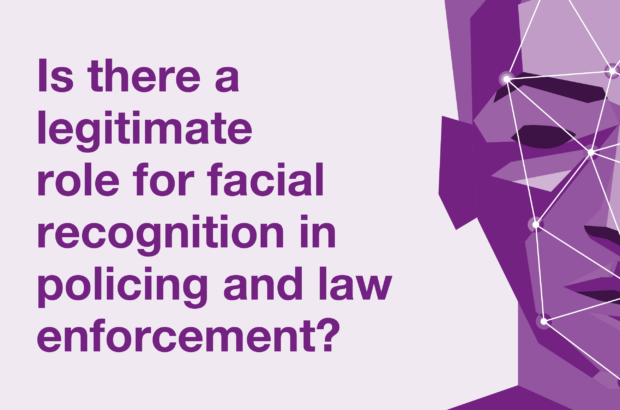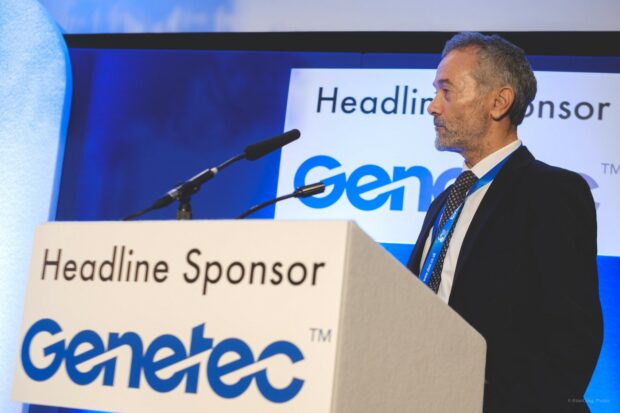Survey launched on police use of surveillance camera systems
Survey launched on police use of surveillance camera systems
I am beginning the process of gathering the latest information from all police forces under my jurisdiction on their use of overt surveillance camera systems.






